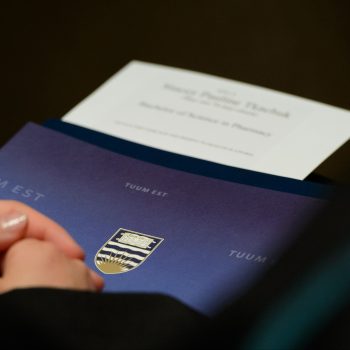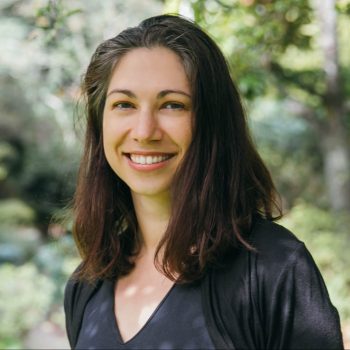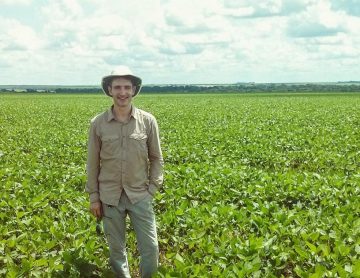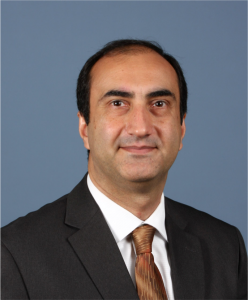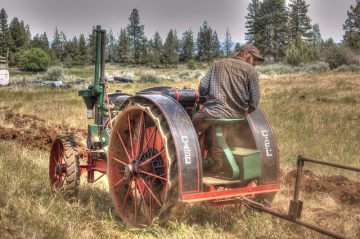Congratulations to Ada Smith being one of the two recipients for the 2017 Elizabeth Henry Scholarship!
On behalf of the Fraser Basin Council and the Elizabeth Henry Scholarship Committee, we are excited to announce that the Elizabeth Henry Scholarship for Communities and Environmental Health 2017 recipients are Ada Smith and Kim-Ly Thompson. Here is what Ada had to say about the importance of the Elizabeth Henry Scholarship to their work:
“The support of the Elizabeth Henry Scholarship exemplifies, in the Sm’algyax language, “bax laansk” – or how we can come together in collaborative research and in decolonizing approaches toward a just and sustainable food system.” -Ada Smith
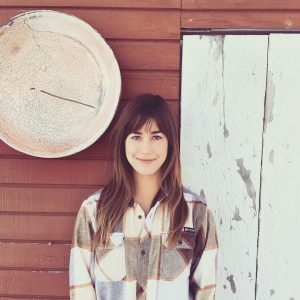
https://www.fraserbasin.bc.ca/Elizabeth_Henry_Scholarship_Recipients.html
About the Elizabeth Henry Scholarship for Communities and Environmental Health
The Elizabeth Henry Scholarship provides an annual award of $2,000 for eligible research projects. The Scholarship is funded by the Fraser Basin Council, British Columbia Clean Air Research (BC CLEAR) Fund and by many friends, family members and colleagues who wish to remember Elizabeth and her work. 2016 was the Scholarship’s inaugural year. If you wish to contribute to the Elizabeth Henry Scholarship Fund, you can do so through the Vancouver Foundation website. You can contact the Scholarship Committee at ehscholarshipcommittee@gmail.com
November 28 2017
Congratulations Kai Chan for being named a member of the Royal Society of Canada’s College of New Scholars, Artists and Scientists!
Six UBC faculty have been named as members of the Royal Society of Canada’s College of New Scholars, Artists and Scientists. Those named to the College represent the emerging generation of scholarly, scientific and artistic leadership in Canada.
See the links below for more information:
https://science.ubc.ca/news/two-ubc-science-researchers-inducted-college-new-scholars-artists-and-scientists
https://research.ubc.ca/ubc-faculty-named-members-rsc-college-new-scholars-artists-and-scientists
In Winnipeg this November of 2017 Chan was officially introduced as a member of the RSC’s College of New Scholars, Artists and Scientists, – watch his video to learn on what his research is about and his views on Canada’s environment in the future.
.
.
.
.
.
“I was recently inspired to write a blog post about the failures of Canadian research funding re: interdisciplinarity (the Fundamental Science Review, for example, says nothing about interdisciplinary research). In this post, I try to launch a #DisciplinaryBox hashtag in a hope to inspire a groundswell of support for interdisciplinary research reform in Canada.
.
I’d love your help, sharing the post including—especially—your own stories of how you’ve been hemmed into a disciplinary box.
.
.
If you do, please add #Canada to your post so we can count when communicating with Minister of Science Kirsty Duncan, who expressed support in principle when we met last year.”
.
.
.
.
.
.
.
(in order of the photos from left to right)
Daniel Klein, RES MSc.
Supervisor: Gunilla Öberg
Emma Luker, RMES MSc.
Supervisors: Leila Harris and Mark Johnson
Elizabeth Williams, RMES MSc.
Supervisor: Kai Chan
Santiago De La Puente Jeri, RMES MSc.
Supervisor: Villy Christensen
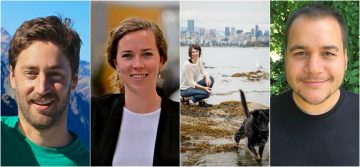
(in order of the photos from left to right)
Xuesi Shen, RES MSc.
Supervisor: Hadi Dowlatabadi
Jeffrey Scott, RMES MSc.
Supervisors: Tony Pitcher and Mimi Lam
Maryam Rezaei, RMES PhD.
Supervisor: Hadi Dowlatabadi
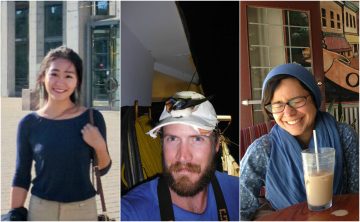
(in order of the photos from left to right)
Abdul Ben Hasan, RMES MSc.
Supervisor: Villy Christensen
Alicia Speratti, RMES PhD.
Supervisor: Mark Johnson
Jason Brown, RES PhD.
Supervisor: Terre Satterfield
Holly Andrews RMES MSc.
Supervisor: Terre Satterfield and Mike Meitner
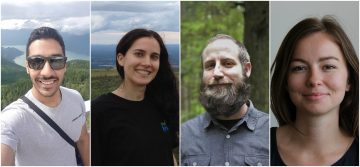
November 23 2017
Congratulations to RES PhD Candidate Michael Lathuillière for his recent publication set to go out in print in December!
You can check out the book chapter at the following link:
Lisa Powell, an IRES Postdoctoral Fellow has released another article, “Farm to school in British Columbia: mobilizing food literacy for food sovereignty.”
You can find the article here:


